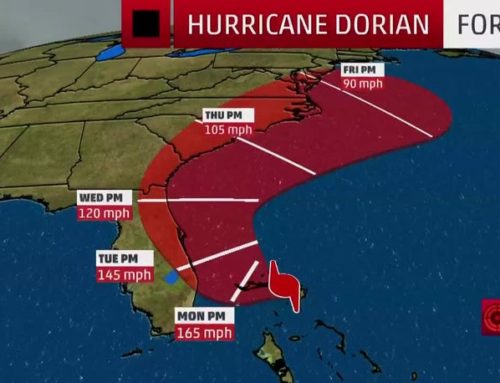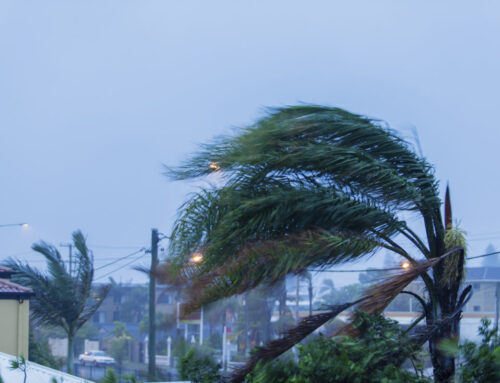If you are in immediate danger, call 911!
Alz.org 24/7 Dementia & Alzheimer’s Caregiver Support
Assistance for families facing Alzheimer’s and all other dementia is available all day, every day by calling our 24/7. Call the helpline at 800.272.3900. Consultants are standing by to offer personalized guidance, caregiving information, and support.
The information below is from alz.org.
Emergency situations — such as tornadoes, hurricanes, heat waves, fires and blizzards — can have a significant impact on everyone’s safety, but they can be especially upsetting and confusing for individuals living with Alzheimer’s and other dementias. Being prepared is crucial. There are steps and precautions you can take to be as ready as possible. However, if you find yourself in an emergency situation and you haven’t made advance preparations, there are still actions you can take to keep you and the person living with dementia as safe as possible.
Florida Disaster – Shelters
Two keys to weather safety are to prepare for the risks and to act on those preparations when alerted by emergency officials. These are essential pieces to the Weather-Ready Nation.
Refer to the Federal Emergency Management Agency’s (FEMA)Ready.gov/hurricanes for comprehensive information on hurricane preparedness at home and in your community.
Some highlights on how to prepare and take action are available here:
During an evacuation
For a person living with dementia, changes in routine, traveling and new environments may increase the risk for wandering and agitation. Stay alert for unexpected reactions that may result from these changes.
- When appropriate, share the diagnosis with others, such as hotel or shelter staff, family members and airline attendants, so they can better assist.
- Try to stay together or with a group; it only takes a moment to get lost. Do not leave the person living with dementia alone.
- Do your best to remain calm, as this may help reduce anxiety or confusion.
Be prepared
- Check weather conditions regularly before leaving the house and adjust plans as needed. For example, if a storm is predicted, consider rescheduling appointments that are not urgent.
- If the person with dementia lives in a residential building or attends an adult day center, learn about its disaster and evacuation plans. Find out who is responsible for evacuating everyone in the event of an emergency.
- Be sure the evacuation plan takes special needs into consideration. For example: If a walker or wheelchair is used, how will accommodations be made?
- Provide copies of the person’s medical history, a list of medications, physician information and family contacts to people other than the primary caregiver.
- Prepare an emergency kit.
- If oxygen is used, be sure there is easy access to portable tanks.
- Consider enrolling in a wandering response service, such as those offered by the MedicAlert Foundation.
- Purchase extra medication; keep other supplies well stocked.
- If applicable, make an emergency plan for your pets, including care arrangements in the event you’re not home at the time of the emergency.
Create an emergency kit
Consider preparing an emergency kit in a watertight container and store it in an easily accessible location. Be sure to account for your needs (e.g., prescriptions, important documents, extra cell phone chargers) as well as the needs of the person living with dementia. Use waterproof bags to protect medications and paperwork and, if possible, store a backup of important documents in a secure electronic file. Items you may wish to include are:
- A couple of easy-to-change outfits appropriate for the weather conditions.
- Medical documents and supplies of medication (carry a list of medications with dosages).
- Velcro shoes/sneakers.
- A cell phone charger and/or an external power bank.
- A spare pair of eyeglasses, if needed.
- Incontinence products, if needed.
- Extra identification items such as an ID bracelet and clothing tags.
- Copies of legal documents, such as a power of attorney.
- Copies of insurance and Social Security cards.
- Physician’s name, address and phone numbers, including cell phone.
- Recent picture of the person living with dementia.
- Hand lotion or other comfort items.
- Bottled water.
- Non-perishable food, including some liquid meals.
- A favorite item (e.g., book, picture, purse) of the person living with dementia.
- Phone number for the Alzheimer’s Association (800.272.3900).
- If enrolled in the wandering response service, the phone number for the MedicAlert Foundation (800.625.3780) in the event of a wandering incident.
If you know a disaster is about to occur
- Move to a safe place.
- If the need to evacuate is likely, do not delay.
- Leave as early as possible to minimize long delays in traffic.
- Alert others — such as family, friends and medical personnel — that you are changing locations and give them your contact information. Update them regularly as you move.
- If you are unprepared for a disaster, remain calm and focus on your immediate safety and the safety of the person living with dementia. If evacuation is necessary, grab the charger for your cell phone before leaving home. Take stock of other resources you can gather quickly, such as bottled water, medication and weather-appropriate clothing.
- If you need immediate assistance for an emergency situation, dial 911.






